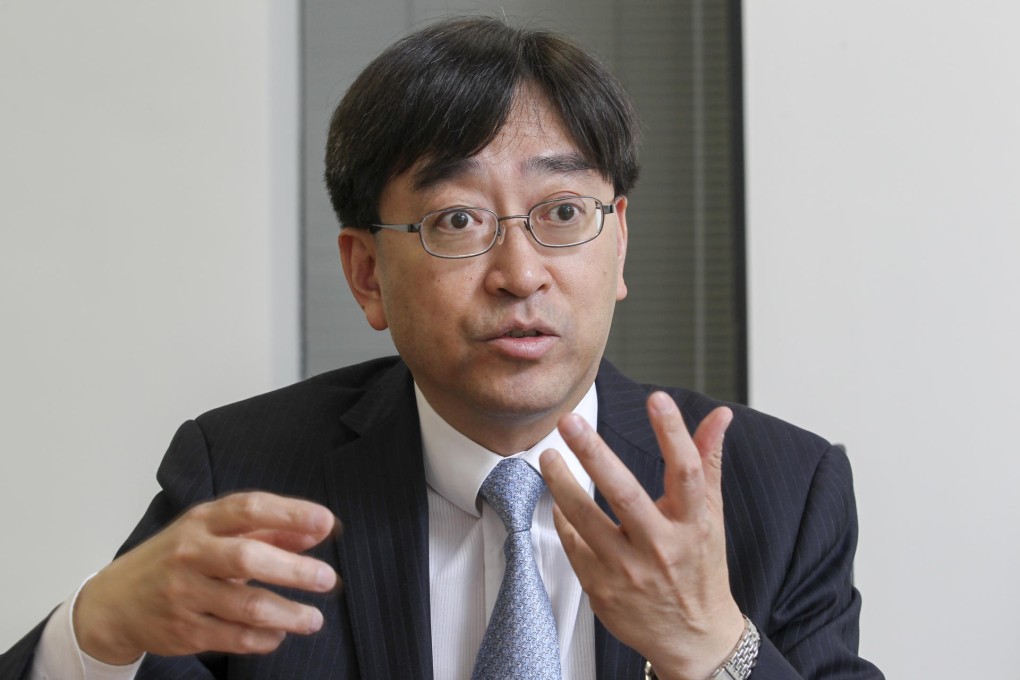Children to get subsidised jabs within weeks: health chief Ko Wing-man
Health chief to make vaccine against fatal bug available quickly to those aged from two to five; those at higher risk will get the injection sooner

Children aged under five can within the new few weeks receive a vaccine against a bug that claimed two young lives almost two weeks ago, the health minister has said in an attempt to calm anxious parents.
Those with low immunity because of chronic illnesses - exposing them to higher infection risk - might get the subsidised jab within the next few days, Secretary for Food and Health Dr Ko Wing-man said.
"Children who are chronically ill, such as those suffering from asthma, will be in great danger if they get infected," Ko said on radio yesterday. "We will therefore quickly give them priority to receive the vaccination."
The strain of bacteria, Streptococcus pneumoniae serotype 3, was detected by the Centre for Health Protection in a three-year-old boy who died on November 17 and a five-year-old girl who died a day later.
Pfizer is the sole manufacturer of the latest pneumococcal vaccine, Prevnar 13 (PCV13), which targets the infection.
The company's corporate affairs director, Jeraldine Ip Pui-see, said the city had "some tens of thousands" of doses of the vaccine, and that supplies were sufficient to meet demand. "We will work with the government to see how many [vaccines] they will need in the near future," she said.
The centre announced vaccination subsidies on Monday despite advice from a government panel of experts that not all children aged under five needed the injection, which gives only 10 months' protection from the bug.